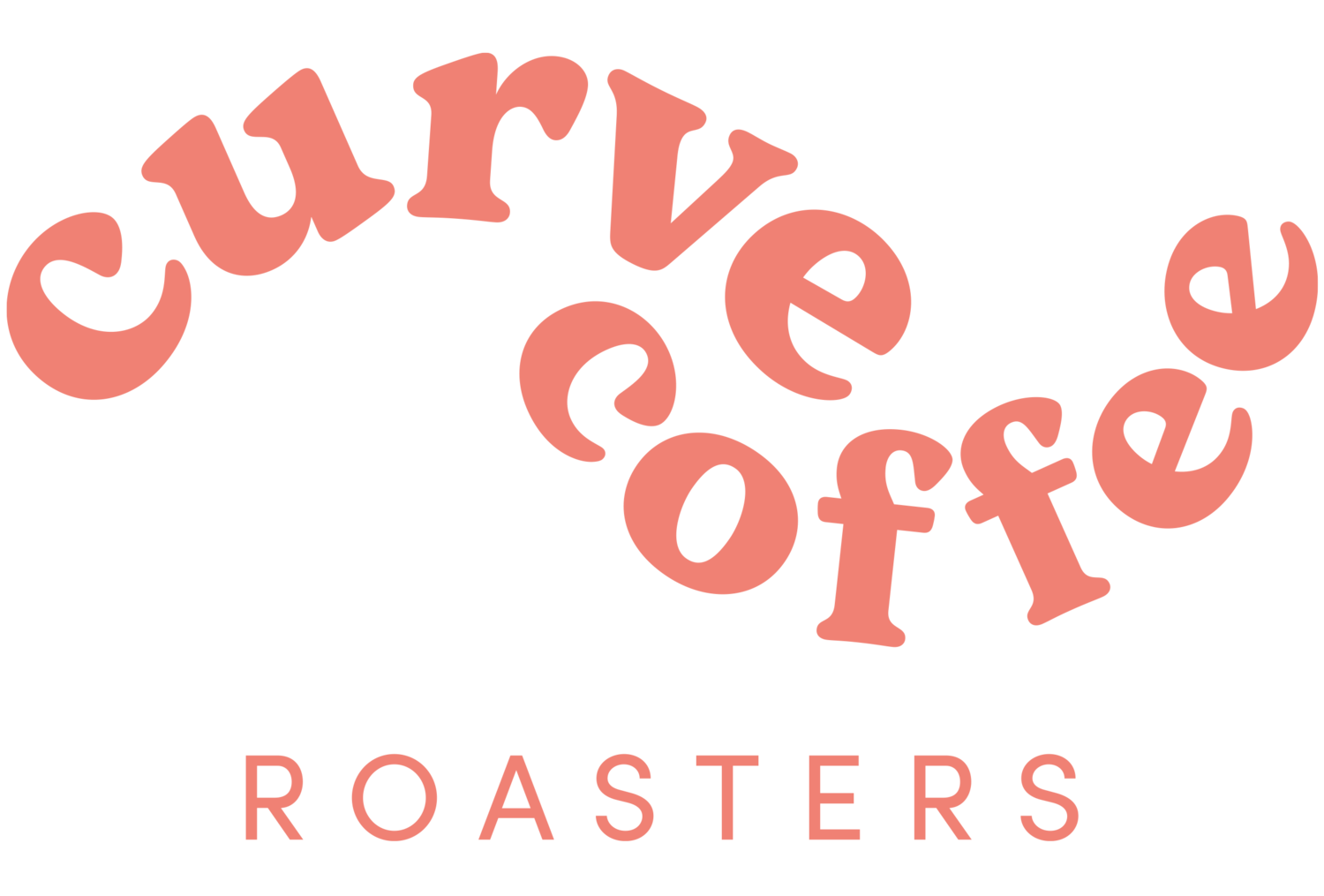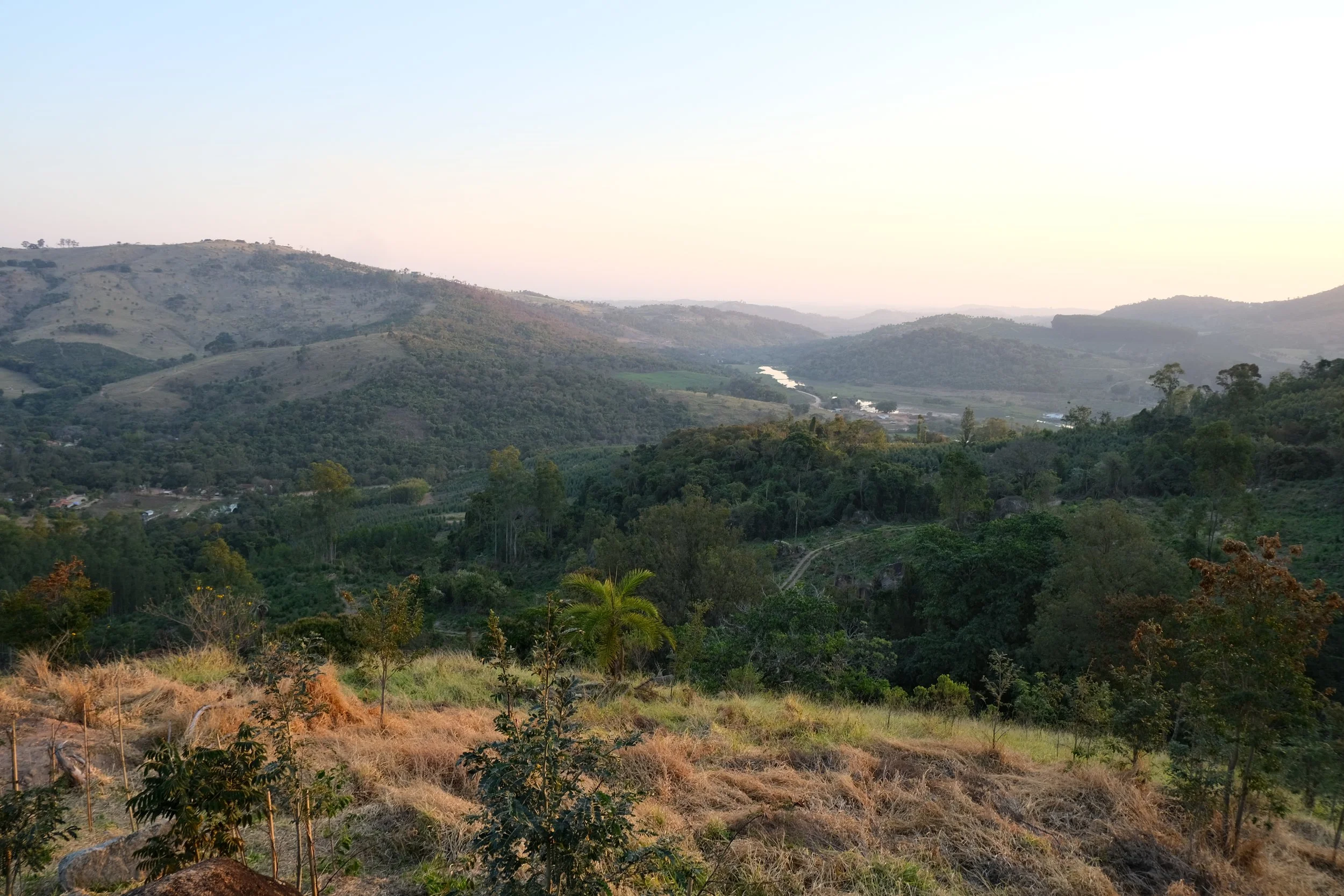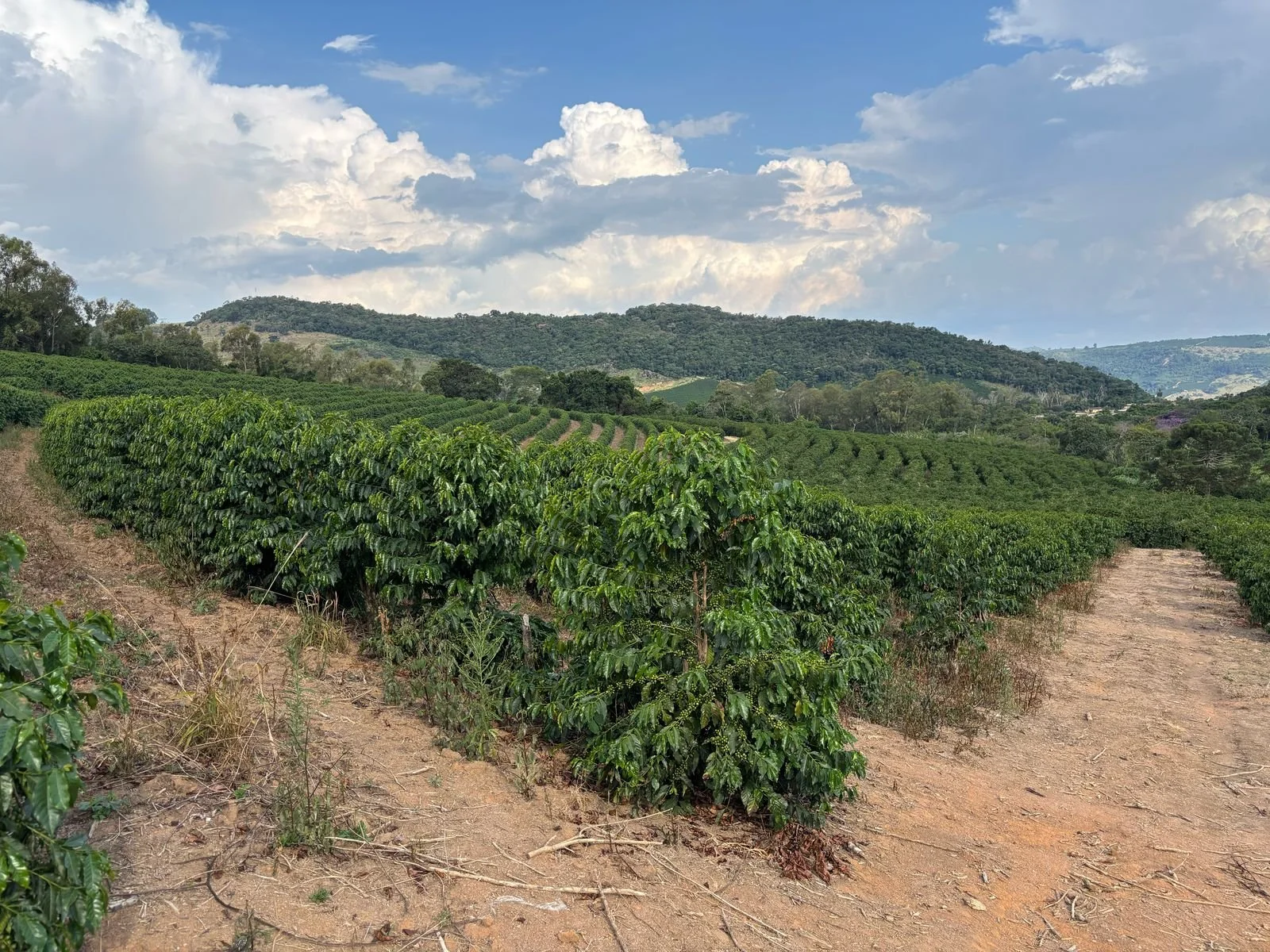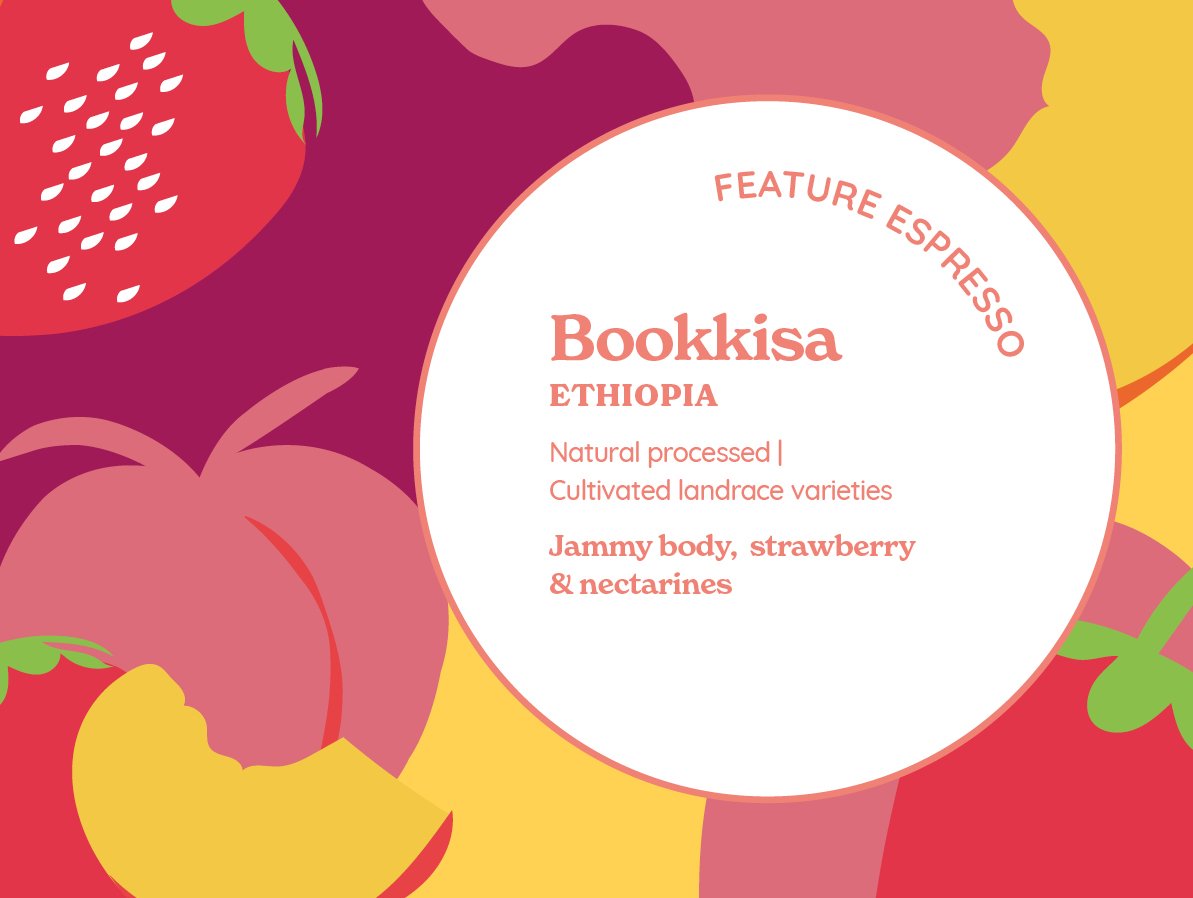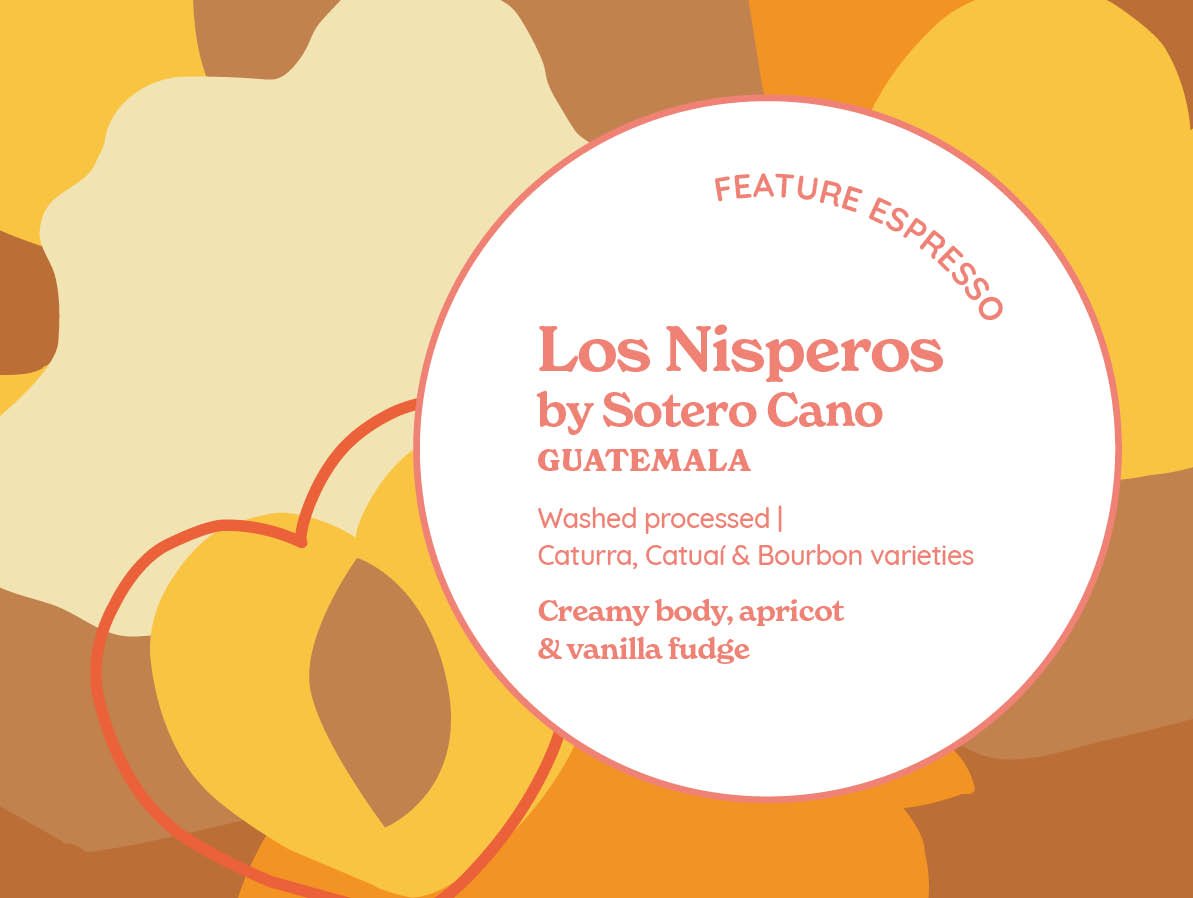COMMUNITY ESPRESSO | PINHAL | Brazil
COMMUNITY ESPRESSO | PINHAL | Brazil
For best results we would always recommend purchasing whole bean and grinding fresh before brewing. If you don't have a grinder, we can grind according to your preferred brewing method just before shipping.
Great for espresso machines, mocha pots (stove-tops), Aeropress & cafetière. Delicious on its own and with milk.
SHIPPING & DISPATCH:
E-commerce orders are shipped Mon - Fri via Tracked48 Royal Mail service (£3.50 or free for orders above £20).
Delivery upgrade to DPD Next Working Day is available at checkout. (Free for order above £50)
Same day dispatch cut off is 12pm.
Key origin info:
Producer: Small to medium producers based around the town of Espirito Santo do Pinhal.- Pinhal for short
Region: Mogiana, border of Minas Gerais and Sao Paolo states
Altitude: 900+ masl
Varietals: Mundo Novo, Catuaí & some Catucaí
Process: Natural, sun-dried on patios
Cup profile: Creamy, biscuit & hazelnut brittle
Exporter | Importer: Bossa Coffee
Purchase history: 1st purchase 2025
About the Community Espresso range:
Our coffee offering is very much about showcasing delicious in-season coffees whilst sharing the stories of their producers and their incredibly hard work and determination that goes into making it possible to enjoy them in our cups. Sitting nicely next to our trusty House Espresso mainstay from San Lorenzo, our Community Espresso brings in a bit variety and the coffees featured in this slot change 3-4 times per year.
Featuring coffee from - Peru, Guatemala, Mexico and this year, due to having a small gap inbetween planned coffees, we have also added this lot from Brazil. We aim to source these coffees from the same groups and communities year after year, whilst putting forward the great work that goes into producing coffee as part of a community within a certain region. Rooted in faith in cooperation, the key element linking all these collectives is the aim to improve livelihoods for their communities through quality coffee production whilst caring for the environment.
These lots are typically composed of coffees processed at each grower's own farms and consolidated together to market and sell under the group's or locality banner. The coffees contributed are the core of their growers' production and growers will often contribute a considerable portion of their harvest to these lots. Meaning they might not be the absolute highest scoring or the most exclusive but they do reliably meet physical and sensorial quality control and demonstrate distinctive regional flavour profiles. They also account for larger volumes of what we purchase for our offering. And as such they hold huge significance in terms of supporting livelihoods and returning value. As we always strive for our coffee buying to have a positive impact, valuing these coffees appropriately is incredibly important to maximise producers' profits and benefit wider communities.
Our community espresso celebrates the hard work of these producer groups whilst bringing you a flavour profile suited for consistently classy espresso based drinks – black and with milk. Expect a coating creamy body, milk chocolate and just the right amount of subtle fruit notes characteristic of the coffee’s origin to liven up the cup.
We're please to welcome this new-to-us coffee from the Pinhal town producers’ community for the first time, sourced with the help of a new partner - Bossa Coffee. With its super creamy body, biscuitiy and nutty profile we this it will fit perfectly into our Community Espresso slot.
More about Pinhal blend and Bossa Coffee:
We’ve sourced this lot with the help of our new import partner Bossa Coffee - co-founded by Bruna Costa and Emma Wallace. Bossa are Brazilian Specialty Coffee Importers based in London. As a women-led business, they specialize in sourcing coffees from female producers, supporting regenerative agriculture, and offering unique experimental microlots. Hailing from a family of coffee producers, Bruna has strong roots in the coffee growing community and bring a wealth of knowledge, passion and first-hand experience to the company.
In their own words:
“At Bossa Coffee Company, we aim to simplify the coffee world by building genuine connections and embracing the power of shared learning. We believe that sharing knowledge and experiences is the key to meaningful change. As both exporters and producers, we connect coffee origins and its final destination. Our goal is to bring insights from the consuming side of the industry back to the producing communities we proudly work with.”
Bossa have been a delight to work with and we are thrilled to be roasting and sharing this lovely lot from Pinhal with you all, and excited at the prospect of beginning this new partnership to nurture in the years to come. We look forward to your feedback!
This lot comes from a community of producers based around the town of Espírito Santo do Pinhal - Pinhal for short - located in the Mogiana region. Uncommon for Brazil, coffee in this region is often hand-picked due to the region’s hilly terrain. The most common varieties among the growers of this lot are Mundo Novo, Catuaí, and a small percentage of Catucaí. Most are hand-picked on small-to-medium farms, many of which have been run by the same families for generations. This particular lot is composed of small-lots from these local producers selected for their consistency and cup profile. Focusing on long-term resilience, Bossa have pivoted towards supporting producers who prioritise regenerative agricultural practices, balancing farm profitability with improving soil health, enhancing bio-diversity and creating thriving ecosystems.
Some examples of regenerative practices include integration of bee boxes near coffee plants. While Arabica coffee is self-pollinating, studies show that the presence of bees and other pollinators can still improve yields and uniformity.
As Bruna from Bossa Coffee explains:
Many of our partner producers have been using this method for years. It’s a fantastic example of how supporting biodiversity directly supports productivity — and in some cases, offers growers a second source of income through honey production. And most, if not all, producers around Pinhal are using this now.
More broadly, regenerative agriculture in coffee is all about improving soil health, enhancing biodiversity, reducing chemical inputs, and increasing resilience to climate change. This includes using cover crops (often nitrogen-fixing species like beans or clover), minimising soil disturbance, and planting native trees to provide shade and create wildlife habitats. These practices not only support a more balanced ecosystem but also lead to richer, more complex flavours in the cup — which we believe is a direct reflection of the health of the land and the thoughtful care of the producers.
Of course, this transition is not without its challenges. For many growers, balancing short-term productivity with long-term regeneration — especially in regions that still rely heavily on conventional methods — requires ongoing education, resources, and support. Climate unpredictability is also a growing pressure, which is exactly why these approaches are becoming so crucial. And we always encourage farmers to take their time and implement measures that are not only sustainable for the environment but also that will bring them or at least keep similar financial gains.
